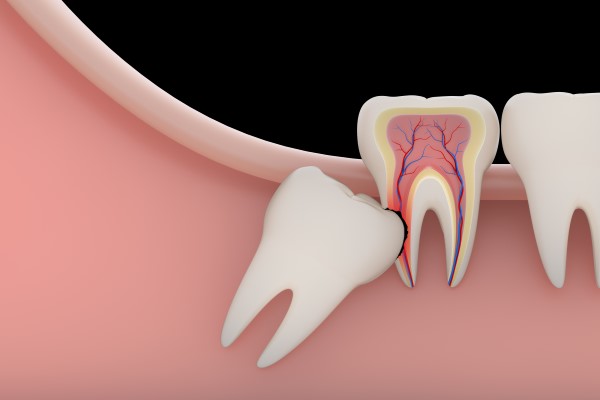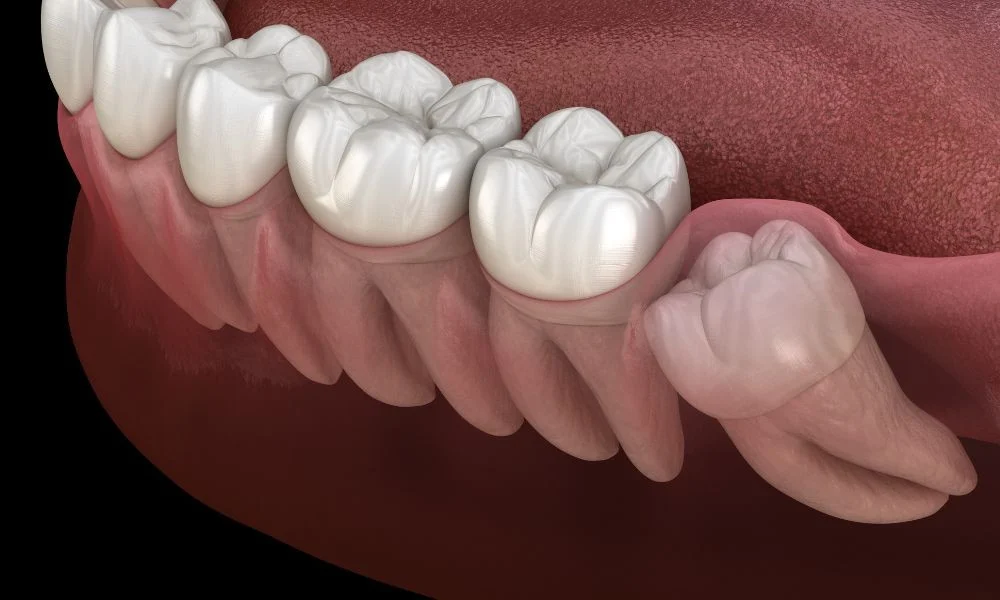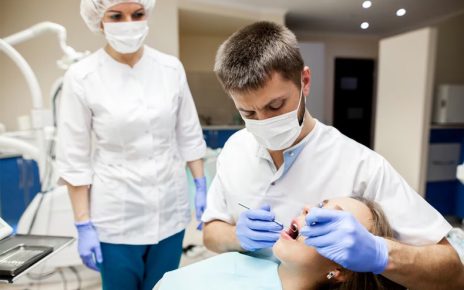Wisdom tooth extraction can be painful. It may take anywhere from two to three weeks to recover your wounds. However, there are some helpful tips your dentist in Michigan can advise to make your healing process quicker and smoother.
If you experience difficulty chewing after several weeks of surgery, a family dentist in Holt can help you know the underlying cause. Meanwhile, read this blog to discover some helpful tips to speed up your recovery process after your wisdom tooth extraction surgery.
Tips to speed up your wisdom tooth extraction recovery
Follow your dentist’s advice strictly
To speed up your recovery process, follow your dentist’s advice very carefully. Dentists in Michigan will provide you with instructions on avoiding specific foods, medication use, and caring for the surgical sight. Following their advice is very important for avoiding any complications and speeding up the healing process.
Apply ice to the swelling
The wisdom tooth extraction procedure can be very painful. You may experience discomfort or bruising in your cheek area. Applying ice to the swelling is helpful in eliminating the pain.
Also, avoid applying ice directly on your cheeks as it could lead to frostbite.
You will not be able to differentiate if the relief is causing the numbness or if the ice has been on for too long. To avoid this, cover the ice with a towel or cloth and remove and reapply every 10-15 minutes.
Use the gauze pads
After the extraction, try biting down on gauze pads to stop bleeding. This is to be done just after the extraction is completed. Doing this will help your body to form blood clots faster and also help prevent infection in the area.
Also, make sure you do not bite the pads too vigorously, or you will end up opening the wound again.
Pain medication

Wisdom teeth removal is commonly associated with pain and discomfort. However, you do not need to worry. Your dentist in Michigan will prescribe you medications to help you manage the pain.
Take the medicines as directed. However, if you still feel the pain is not subsiding, do not hesitate to reach out to the dentist.
Keep your mouth clean
After the surgery, follow your dentist’s advice on brushing your teeth. Since the extraction site could be delicate, you will need to clean your teeth very gently to avoid scraping the wound. You do not want to dislodge the blood clots and make the wound open for infections.
Also, rinse your mouth with warm salt water after meals and before going to bed. Avoid using mouthwashes as they contain chemicals that could affect your healing process.
Use a hot compress
If you do not have ice at hand, try to compress the swelling with a hot compressor. Similar to ice packs, remove and reapply it on the site every 15 minutes. It will lead to more blood circulation around your cheeks and reduce the stiffness in your jaw.
A clean towel damped in hot water can provide you with immediate relief. However, heating pads and hot water bottles may work the best. Try keeping the temperature around 40 to 45 degrees Celcius, or you can adjust it to your comfort level.
Eat soft foods
Your mouth will be sore after the surgery. However, you need to eat to speed up the recovery process. Eating soft food will help you minimize the pain while chewing and keep your stitches intact.
Avoid eating hard foods like seeds and nuts, as they can get stuck in the sockets. Soft foods you can eat after your surgery include pudding, scrambled eggs, blended soups, etc.
Visit a dentist today!
If the pain does not subside after weeks of your tooth extraction procedure, make sure to consult a dentist in Michigan to know the underlying cause.





